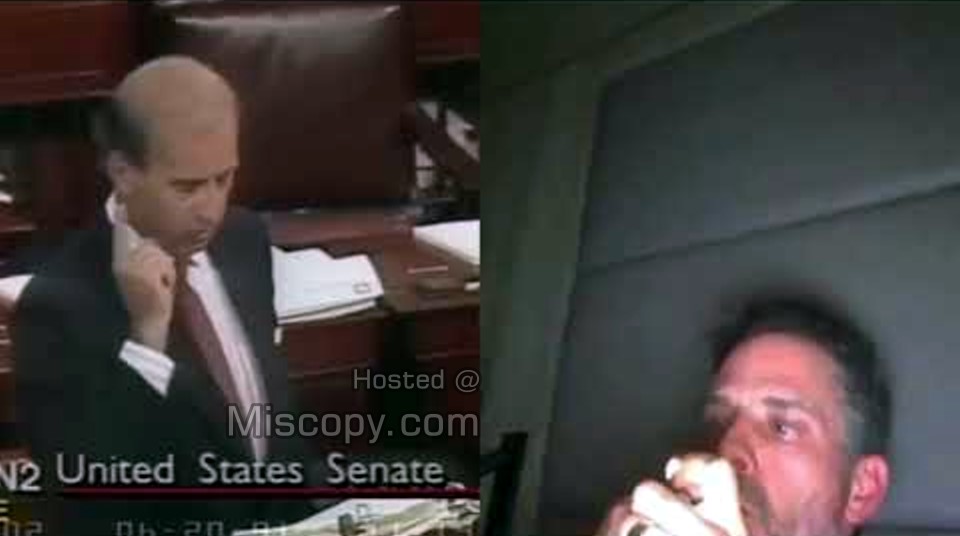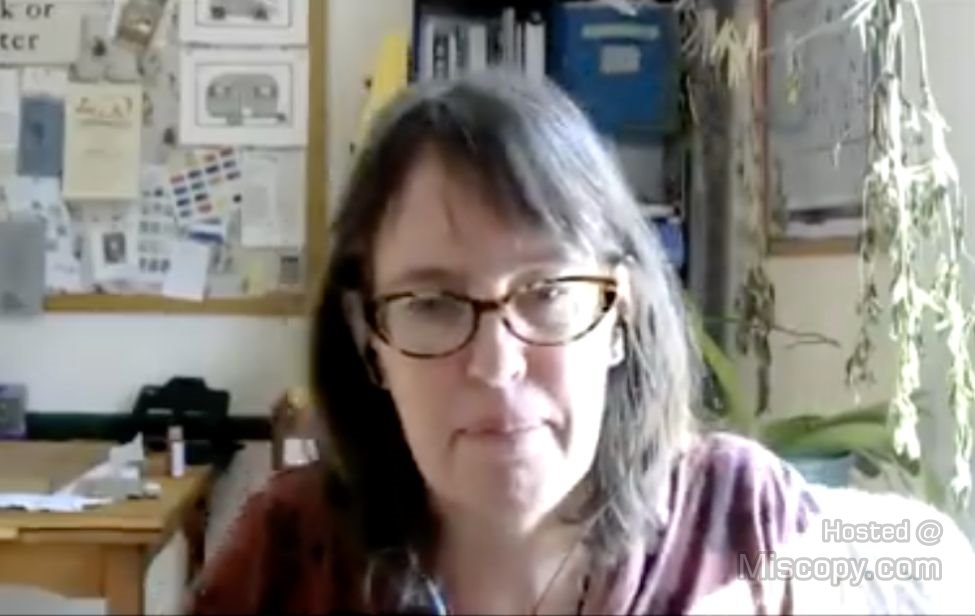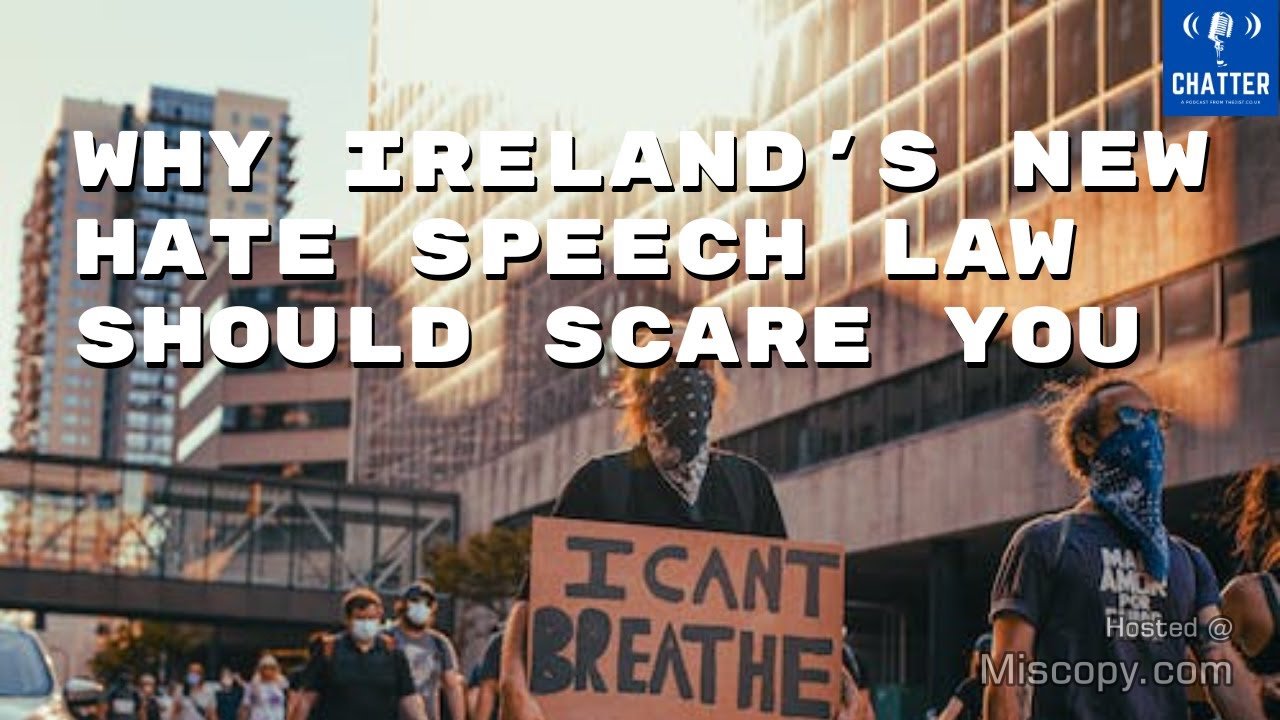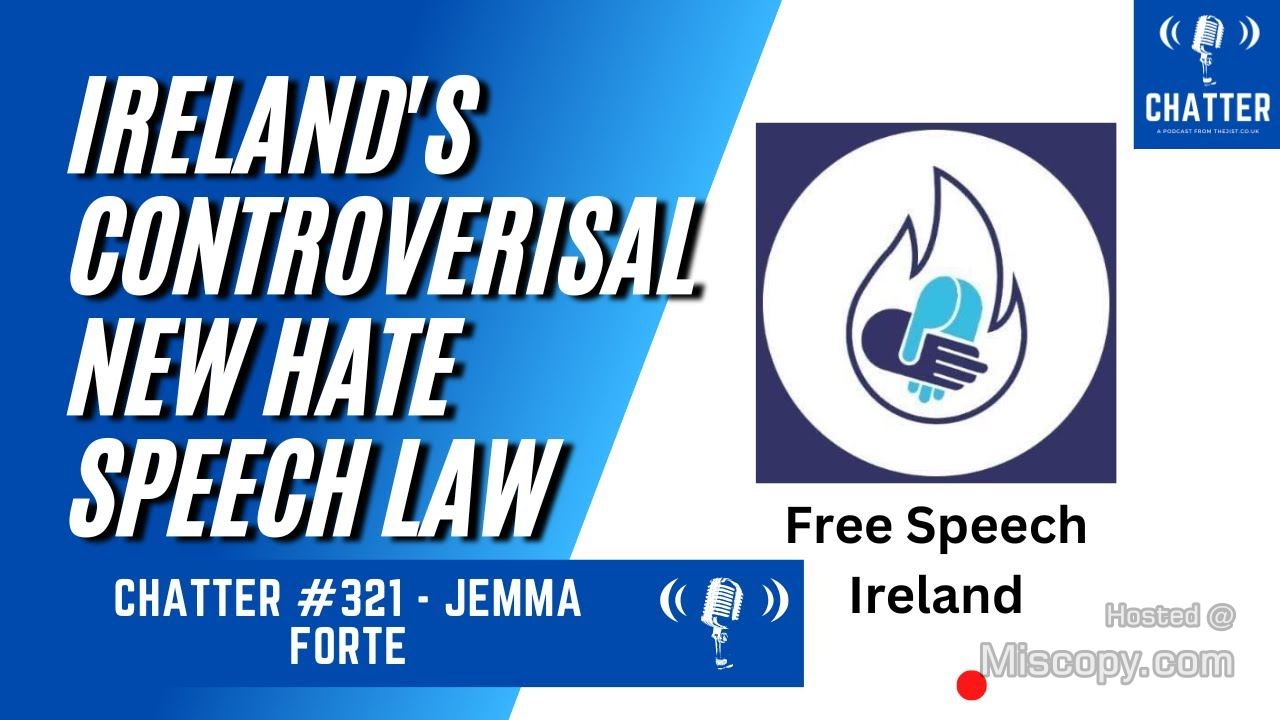The video discusses various alarming trends and potential consequences that may have a significant impact on the future of the USA. It touches upon economic warning signs, such as financial struggles and national debt, as well as the shifting priorities and habits of individuals and big businesses’ response to these changes.
The video also emphasizes the role of natural resources, particularly oil and natural gas, in global conflicts and the potential game-changer of significant resources in Gaza. It further delves into the issues of job cuts, labor strikes, the rise of automation, and the challenges in navigating a changing job market.
The video raises concerns about diminishing savings, rising cost of living, and the lack of financial safety nets, as well as the potential consequences of labor strikes and the increasing trend towards automation.
Lastly, it discusses suspicions of internal orchestration behind corporate cyber attacks, questioning corporate ethics and transparency. Overall, the video serves as a warning to be aware of these developments and emphasizes the need for accountability and preparedness.
Alarming Trends
The video emphasizes the urgency and importance of a message they have, claiming that it involves the future of the country, our freedoms, and our way of life. They mention having come across information that took them months to understand and verify, which reveals developments unfolding under our noses that will change the nation.
The speaker urges viewers to be ready to listen with an open mind and prepare to take action. They then discuss economic warning signs, highlighting concerning Google Trends related to financial struggles and national debt. This trend suggests that people are feeling the financial pinch, with wages not keeping up with inflation.
The speaker questions what will hold up the economy if people can’t spend, emphasizing the need to pay attention to these signs. They also discuss Home Depot, explaining how the company has successfully adapted to consumers’ changing needs during tough economic times by focusing on smaller home projects. This demonstrates Home Depot’s ability to thrive by aligning its business strategy with current trends.
The narrator then discusses the shifting priorities and habits of individuals, focusing on the practical rather than the luxurious, particularly in the context of Home Depot’s success. The narrator reflects on how big businesses respond to these shifts and what it says about society as a whole. The conversation then shifts to the topic of natural resources and their role in global conflicts, specifically focusing on the Middle East and the significance of oil and natural gas.
The discovery of significant resources in Gaza is highlighted as a potential game-changer, with implications for global politics, economies, and security. It emphasizes how events halfway across the world can have a direct impact on the US and the stability of entire regions. Finally, the discussion explores the domino effect of job cuts, labor strikes, and the relentless march towards automation, addressing the economic strain from recent global events and the increased investment in robotics and AI.
The video then discusses two major issues: the diminishing traditional labor and the rising cost of living. Labor strikes are on the rise as workers demand fair wages to keep up with the skyrocketing cost of living. However, as companies face pressure to increase wages, they are more inclined to accelerate automation, leading to potential job losses. Government policies, such as tax incentives for automation, further incentivize companies to invest in technology rather than people. This creates a complex situation where finding a balance between innovation and employment becomes crucial.
The video also raises concerns about cyber security attacks on major corporations, suggesting that there may be hidden motives behind these attacks that benefit select individuals within the corporations. Additionally, the video highlights the significant increase in the cost of living, such as insurance premiums and grocery prices, which is putting a strain on people’s budgets. Overall, these issues present a challenge in navigating a changing job market and sustaining a comfortable lifestyle.
The video goes on to discuss the alarming trend of dwindling savings among Americans. Rising inflation and stagnant incomes have led to higher costs of living, forcing people to dip into their savings just to meet everyday expenses. The data shows a consistent monthly drop in savings, raising concerns about the lack of financial safety nets for families. This situation not only affects the ability to save for the future but also creates stress and financial insecurity.
Additionally, the video highlights the increasing number of labor strikes as a response to these economic pressures. Workers from various sectors are demanding fair wages and better working conditions, as they struggle to keep up with the rising cost of living. The strikes are a fight for dignity and survival, showcasing the disparity between average workers and corporate giants. The video also mentions how a portion of the stimulus money intended to help individuals during the pandemic ended up benefiting corporations and banks, further contributing to inflated costs of living. Overall, both the decline in savings and the rise in labor strikes reflect the challenges Americans are facing in adapting to the new economic reality of increasing costs.
As companies invest more in robotics and AI, the demand for human labor is expected to decrease, potentially rendering many traditional jobs obsolete. This shift is not just about cutting costs but also a strategic response to the changing economic landscape. The video raises concerns about the displaced workers and questions whether retraining and shifting to new sectors will be enough to cope with the scale of change. The push for a guaranteed income is also discussed, highlighting the potential impact on society and the psychological effects of not having work. It emphasizes the need to consider the long-term implications of the automation revolution and how our roles in the workforce will change.
The speaker also raises concerns about the possibility of corporate cyber attacks being orchestrated internally as part of a new strategy. They highlight the suspicious timing of CEOs cashing out before an attack, as well as companies with shaky finances suddenly being targeted. The speaker also suggests that these attacks can impact stock prices, potentially allowing insiders to profit from well-timed sales or purchases. The implications of such actions extend beyond cybersecurity, touching on corporate ethics, transparency, and the trust placed in these companies by consumers, investors, and citizens. The speaker emphasizes the need for awareness, tough questions, and accountability in order to address these possibilities and address the deeper issues within the corporate world.
YouTube Video
https://www.youtube.com/watch?v=0qq9phLCzxc






